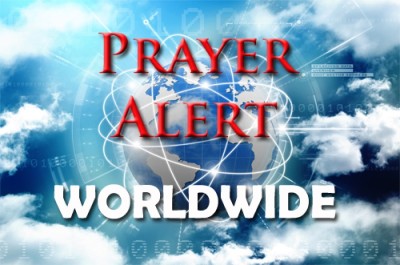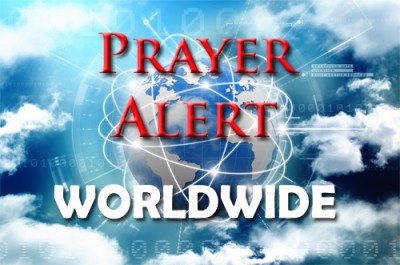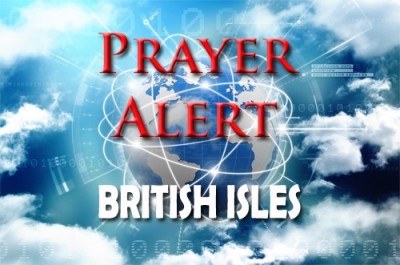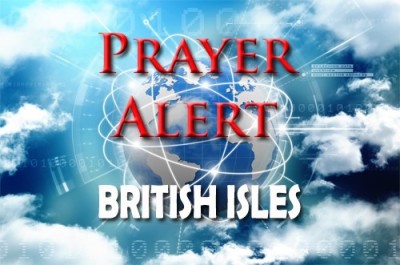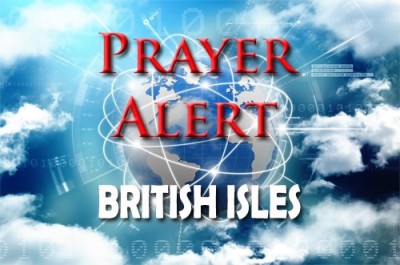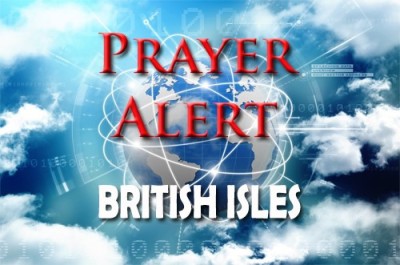Cyril Ramaphosa has signed the National Health Insurance (NHI) Act into law, aiming to provide universal health coverage and address the country's two-tier health system. The law seeks to balance a publicly funded sector, which serves 84% of the population and is overburdened, with private insurance access enjoyed by a minority. He hailed the law as a major step towards equality, rejecting the continuation of privileges for a few. The act will gradually reduce the role of private insurance, establish a public fund for free healthcare access, and regulate fees and prices for NHI-funded benefits. Critics argue the law will strain public finances, reduce patient choice, lower care quality, and drive doctors out of the country. Opponents, including the Democratic Alliance and civil society group AfriForum, plan to challenge it in court, claiming it is a vote-seeking ploy before the highly contested May 29 elections. The Health Funders Association noted the law’s gradual implementation, assuring no immediate changes to medical scheme benefits, contributions, or taxes. Supporters, like the NEHAWU labour union, urge full political support to ensure proper funding for the NHI.
At least 41 people have died in Sumatra due to flash floods and 'cold lava' from Mount Marapi, the island's most active volcano. Heavy rains on Saturday caused torrents of ash and rocks to flow down the volcano, inundating two districts and damaging over 100 homes and public facilities. Seventeen people remain missing. Survivors described fleeing from the 'cold lava' – a mix of volcanic material and pebbles. Rina Devina used her cellphone as a torch to escape, recounting how her neighbour's house was flattened, and four neighbours died. 'Cold lava' or 'lahar' typically has temperatures below 50°C and moves like a slurry, incorporating debris in its path. Rescuers found 19 bodies in Canduang village and nine in Tanah Datar district. Experts blame recurring natural disasters on excessive exploitation of natural resources and poor development practices. Recent events around Mount Marapi include a deadly eruption last December, flash floods in February, and eruptions in April which disrupted flights, closed roads, and forced over 11,000 evacuations.
Spirit-led church movements overtaking atheism
10 May 2024In 2009, the UK's atheist bus ad campaign aimed to diminish the relevance of God but inadvertently spurred more spiritual dialogue. This misstep highlighted a broader decline in atheism and a resurgence in Christian movements, particularly Spirit-led churches, which are flourishing globally amidst a growing disenchantment with secularism. Despite the decline in mainstream church attendance and an increase in religiously unaffiliated individuals, vibrant new church plants are thriving, driven by a deep desire for authentic spiritual experiences. This growth is notable in Pentecostal congregations across South America, Africa, Asia, and even the UK, as observed by historian Tom Holland. The intellectual landscape is also shifting, with former critics of Christianity, like Peter Boghossian, moving away from aggressive atheism. Instead, they are now addressing the rise of 'woke' ideologies within academia. As atheism struggles to provide a fulfilling narrative, Christianity is attracting both intellectuals and the general populace by offering robust moral and existential answers. This renewed interest in the Christian faith is evident in various public expressions and increasing church involvement, signalling a significant cultural and spiritual shift.
During a church service in Pennsylvania, a man attempted to shoot Pastor Glenn Germany but his gun jammed, preventing any harm. The assailant, Bernard J. Polite, 26, approached Pastor Germany while he was preaching at Jesus’ Dwelling Place Church in North Braddock. The incident, captured during a Facebook Live broadcast, shows Deacon Clarence McCallister heroically tackling Polite, who later told authorities that "God told me to do it." Pastor Germany expressed gratitude for the divine intervention that spared his life and emphasized the incident's unifying effect on his congregation. Polite, who had no prior connection to the church, faces charges of aggravated assault and attempted homicide. Despite the attack, the community remains thankful as no one was physically harmed.
Sir Keir Starmer’s decision to welcome Tory MP Natalie Elphicke's defection to Labour has stirred mixed reactions among Labour MPs. Elphicke, previously a Conservative representative for Dover, made the unexpected switch, causing some Labour members to express confusion and dismay, despite leadership viewing it as a significant coup. Critics within the party, including Canterbury MP Rosie Duffield, find Elphicke’s switch puzzling, given her past criticisms of Labour’s policies and her controversial defence of her ex-husband, Charlie Elphicke, following his sexual assault conviction. The defection, happening just before Prime Minister's Questions, has complicated matters for Labour, already has candidates in Elphicke's constituency. (In practice, Mrs Elphicke will not contest the Dover election, as she plans to leave the Commons). Despite the internal discord and criticism from the Conservative side, labelling Elphicke as opportunistic, Sir Keir emphasises the broader strategic advantage of attracting former Conservative voters to Labour. This move, however, remains contentious among both Labour and Conservative members.
Muslim Vote group issues 18 demands to Starmer
10 May 2024The Muslim Vote, a grassroots campaign with backing from several organisations, has issued 18 demands to Labour's Sir Keir Starmer to regain support from disillusioned voters over his Gaza stance. These demands include apologising for his past comments on the conflict, severing military ties with Israel, enabling Muslim prayer in schools, and banning travel for Israeli politicians who support the war. The group has warned it will direct its supporters to vote for the Greens or Lib Dems unless these demands are met. Additional demands focus on domestic policies like recognising Palestine as a state, imposing sanctions on businesses in occupied territories, and implementing Sharia-compliant pensions. The campaign, which does not reveal its leaders or funding sources, gained traction as pro-Gaza activists recently won various council seats. The Muslim Vote describes itself as a broad initiative supported by organisations such as Mend, which contests the government's extremism labels. Their influence is aimed at constituencies where the Muslim vote can sway election outcomes, emphasising their role in shaping policy discussions.
AstraZeneca withdraws Covid-19 vaccine worldwide
10 May 2024AstraZeneca has announced the global withdrawal of its Covid-19 vaccine, Vaxzevria, citing a surplus of newer vaccines targeting emerging virus variants. The company previously halted its marketing authorization in the European Union in March, with the European Medicines Agency confirming on May 7 that the vaccine is no longer authorised. This decision reflects the reduced demand for Vaxzevria, which is no longer being manufactured or supplied. AstraZeneca stated that the variety of new vaccines available has led to this decline in use. Despite the withdrawal, the company highlighted that Vaxzevria played a crucial role in the pandemic's early stages, saving an estimated 6.5 million lives and delivering over 3 billion doses globally. Other countries, including Australia, have ceased its use, transitioning to newer vaccines since June 2021. Vaxzevria, which was administered in two doses and occasionally as a booster, is based on an adenovirus vector carrying a gene from SARS-CoV-2. While effective overall, it was linked to a rare but severe side effect, thrombosis with thrombocytopenia syndrome (TTS), affecting about two to three per 100,000 vaccinated individuals.
John Swinney, newly sworn in as First Minister of Scotland, has appointed Kate Forbes as Deputy First Minister, sparking criticism for creating a "continuity Cabinet." Forbes, previously Finance Secretary, replaces Shona Robison and will also oversee the economy and Gaelic. Critics label the Cabinet reshuffle as uninspired, fearing it prioritises party interests and independence over pressing national issues. Despite maintaining many previous Cabinet members, Swinney asserts the mix of experience and energy will focus on eradicating child poverty, economic growth, and meeting climate commitments. Scottish Greens and other opposition parties express concerns about Forbes's conservative views potentially affecting government direction, particularly in social equality and climate action. Scottish Conservative and Labour leaders criticise the leadership's consistency, foreseeing continued national challenges. Forbes expresses honour in her new role, committed to improving Scotland alongside her colleagues.
